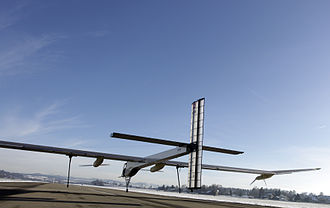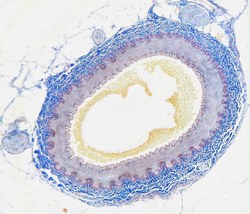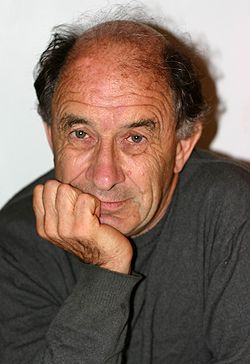| List of years in science |
|---|
| (table) |
| 2010 in science |
|---|
| Fields |
| Technology |
| Social sciences |
| Terrestrial environment |
| Other/related |

The year 2010 involved numerous significant scientific events and discoveries, some of which are listed below. The United Nations declared 2010 the International Year of Biodiversity. [1]









